Academic Council directs incisive criticism at Senior Management in annual report

(Photo by Anna Holte)
In its annual report, the Academic Council heavily criticizes the lack of involvement of staff, faculty and students during a year characterized by sweeping strategy development while a pandemic raged. Both the Academic Council and Senior Management are willing to work towards a “trustful and constructive” collaboration.
Every year, the Academic Council writes a report to the CBS Board. Normally, the reports touch on broad themes that have recently been discussed by the Academic Council, but this year’s report stands out, explains Kristian Miltersen, Professor and Chairman of the Academic Council.
“In 2020, we all felt that the overall theme should be how we in the Academic Council felt we were involved too little and too late in the strategy development process and related initiatives,” writes Kristian Miltersen in an email to CBS WIRE and continues:
“The 2020 report is not unusual in the sense that it focuses on a few themes. But it is more incisive in its formulations and more critical than the reports from the last eight years, i.e., during my time in Academic Council.”
In the report, which was discussed at the CBS Board meeting on April 12, the Academic Council gives examples of how a very hasty strategy process has impaired the involvement and co-determination of students, faculty and staff.
For example, as the Academic Council points out in the report, it has “neither been sufficiently nor timely informed about the strategy initiatives, a fact that has impeded our ability to share our concerns about them and give advice to Senior Management in due time”.
“Our aim with this report is to make it clear that we, the elected members of Academic Council, are concerned about what we see as a development towards less involvement of students and faculty the past year,” the report continues.
Response from Senior Management
The report from the Academic Council has prompted a comment from the President of CBS, Nikolaj Malchow-Møller on behalf of Senior Management. And as far as Kristian Miltersen is aware, it is the first time the chairman of the CBS Board has asked Senior Management to write a response to the report.
In the comment, Nikolaj Malchow-Møller, writes that if Senior Management “had known in the spring 2020 that we would still be in a lockdown a year later, we would likely have aimed for a different time plan. The dual pressure of handling a long stretching pandemic and developing and implementing a new strategy obviously puts a lot of strain on the organization”.
The comment continues:
“We acknowledge the AC’s wish to be involved. Let us assure you that the wish is mutual. Not just because it is a formal requirement in certain matters, but primarily because we believe that the guidance and advice from the AC and other internal bodies can provide for better decision-making and provide transparency around our leadership practice.”
CBS WIRE has asked Nikolaj Malchow-Møller follow-up questions regarding the annual report from the Academic Council. In an email to CBS WIRE, he writes:
“We have a positive and constructive dialogue with the chairmanship of the Academic Council, as well as within the Academic Council, about the strategy process, and for my part, as President, I find it important to prioritize continuing the dialogue there and not in the media.”
More control and centralization?
About the response from the Senior Management, Kristian Miltersen writes in his email:
“Senior Management’s response to our report acknowledges, in my understanding, that the strategy process in 2020 did go too fast and that we were involved too little and too late. I pay attention to that Senior Management invites for continued dialogue about how to improve our involvement,” he writes to CBS WIRE.
However, the response from the Senior Management also clarifies a disagreement between the two parties.
In the report from the Academic Council, the members express a profound concern about the “lack of involvement of the academic staff in the development of the strategic initiatives and in other innovations are CBS” and points out how nine of the 12 cross-cutting structural initiatives are headed by administrators “with little connection to faculty”.
“This is in our eyes unfortunate as the expertise and innovative power regarding how to conduct research-based teaching lies with faculty,” the report states.
Senior Management disagrees with this observation.
“The academic staff have been involved in giving input to the strategy formulation and developing initiatives, but to varying degrees across departments. That the structural cross-cutting initiatives in the final portfolio have been allocated an administrative project leader does certainly not exclude faculty impact and involvement either,” it states in the response.
Asked whether it concerns Kristian Miltersen that the Senior Management and Academic Council are in disagreement about their lack of involvement in the strategic initiatives, he writes:
“I would like to add that I am disappointed that Senior Management considers our point about limited faculty involvement in the cross-cutting structural initiatives ‘unfounded or resulting from misunderstanding’. It may be that we were not sufficiently clear in our explanation in our report to the board about this point,” he writes and continues:
“Our point was not so much that the structural initiatives are headed by administrators. This was more an illustration of a more fundamental problem, namely that many of the strategic initiatives, in our view, lead to more centralization and control instead of incentivizing faculty to do more research-backed experimentation; for example experimenting more with different teaching methods. In our view, centralization and control do not serve CBS well. They kill faculty creativity and reduce our chance of hiring the best researchers and teachers.”
A problematic disagreement
The disagreement also concerns the students, as in its report, the Academic Council states that the students “think their voice is not being heard in decision making in relation to the ongoing CBS Intro debate”.
In the response, the Senior Management writes that “again, we disagree with this observation”, and elaborates:
“We do recognize that after a long involvement and discussions, we could not agree with CBS Students on how intros should be conducted at CBS – after numerous years with too many intro cases of transgressive or non-inclusive behavior and too much alcohol.”
It is a problem if the disagreement becomes so large that Senior Management and the Board stop listening to us
Kristian Miltersen points out in the email to CBS WIRE that a disagreement like this can become problematic but, in his view, all parties are willing to work on improving the collaboration going forward.
“It is a problem if the disagreement becomes so large that Senior Management and the Board stop listening to us. I am still convinced that we all genuinely want to do what is best for CBS. But we do not in all cases agree on what that is. AC can only use verbal arguments to try to convince Senior Management and the Board about our views on what we genuinely believe is best for CBS and that is what we keep doing,” he writes in the email.
CBS WIRE asked Nikolaj Malchow-Møller whether the strategic initiatives will lead to more centralization and control, and whether it is a problem that Academic Council and Senior Management have different views on the level of involvement experienced. He did not answer these specific questions.
Trustful collaboration
Already in late-March, Kristian Miltersen and the Vice Chair of the Academic Council, Bent Meier Sørensen, met with Ole Helmersen, member of the General Consultation Committee, Nikolaj Malchow-Møller, and the Chairmanship of CBS’ Board, Torben Møger Pedersen and Michael Rasmussen, for a dialogue meeting about the collaboration going forward.
“Here we agreed to concentrate on improving the relation between the CBS Board and Academic Council and have regular biannual meetings between the chairmanships and have mutual respect for each other’s competences and ambitions for CBS,” explains Kristian Miltersen.
Moreover, Nikolaj Malchow-Møller writes in the response that discussions about how to involve the Academic Council going forward have been initiated and, so far, this has resulted in a process plan, “which we very much hope will lead to a more constructive working relationship in 2021” and he continues:
“With the process plan we hope to have remedied two lessons from 2020: 1) Align AC’s meeting plan with the strategy process plan, and 2) Get a clear a priori understanding between senior management and the AC of when and how AC should be involved in the strategy process.”
The response from the Senior Management concludes that “we hope that the learnings of 2020 will provide for more smooth and well-planned involvement processes in 2021 and going forward. We need your and the rest of AC’s help in doing this. We – Senior Management and AC – need to jointly become better at planning, projecting and prioritizing issues that AC should deal with.”
All in all, looking ahead, Kristian Miltersen is “very optimistic” about the collaboration between the Academic Council, the Senior Management and the CBS Board.




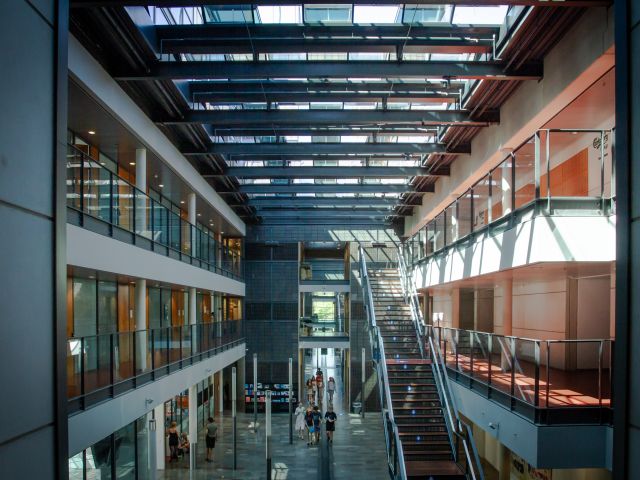

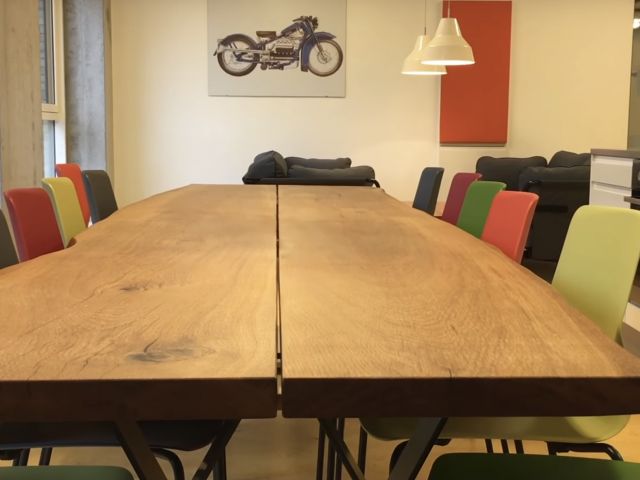
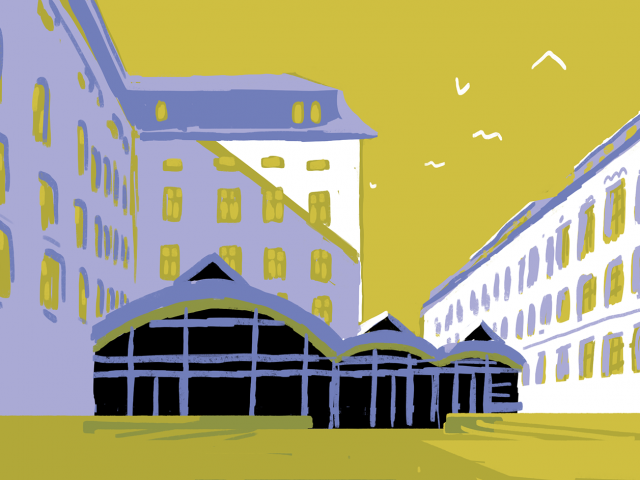
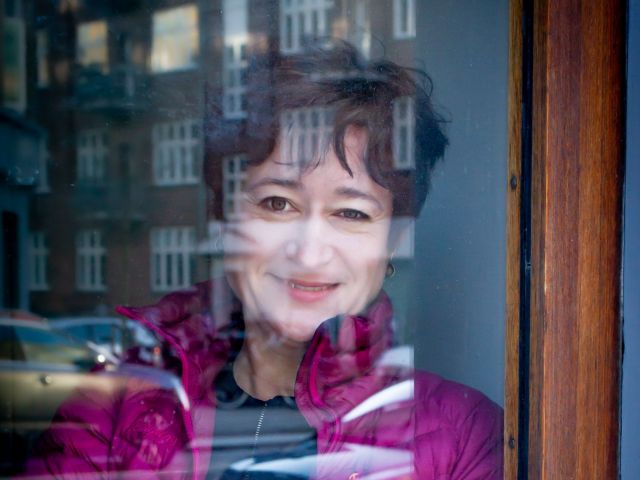
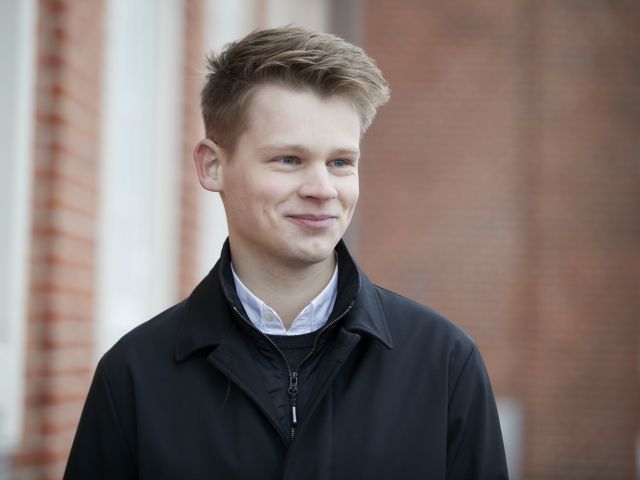





























































































































Comments